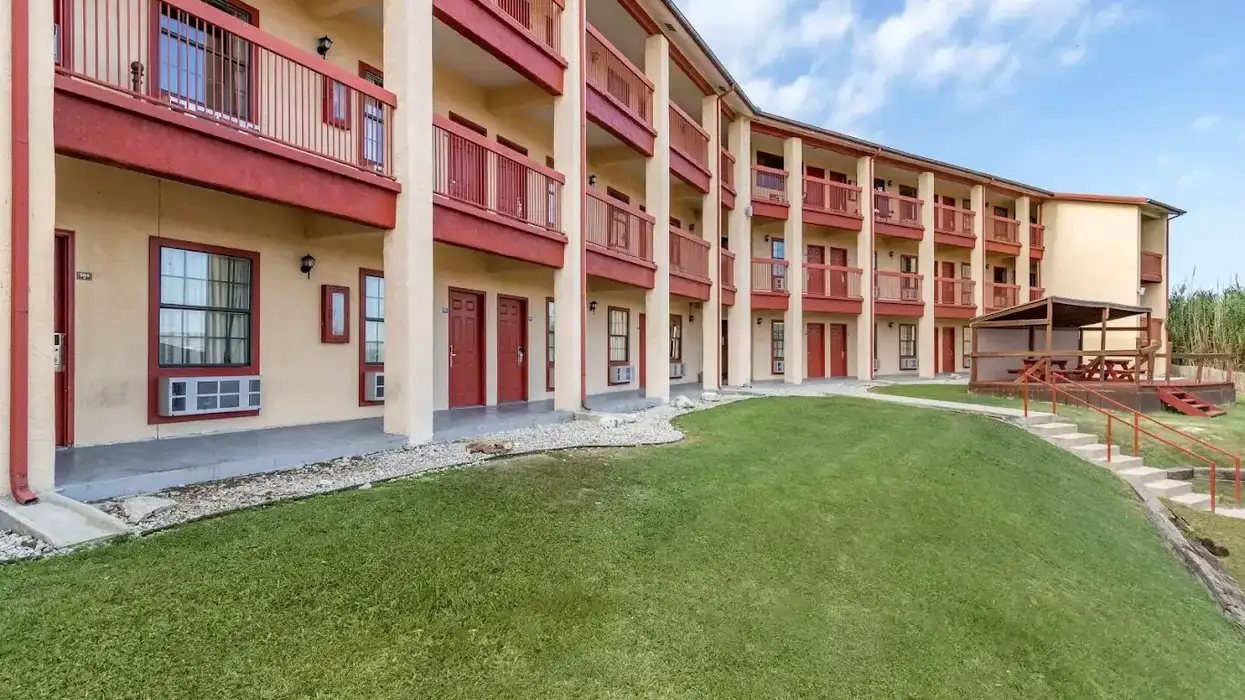THE U.S. HOTEL construction pipeline hit a record high in March as the economic downturn caused by the COVID-19 pandemic was crushing occupancy rates, according to STR. The two events are not mutually exclusive, according to an STR expert.
In March there were 214,704 rooms under construction, the highest end-of-month total ever reported by STR. December 2007 saw the industry’s previous construction peak occurred with 211,694 hotel rooms in construction. That level was slightly surpassed in February 2020 at 211,859 rooms in the final phase of the development pipeline.
“The number of rooms in construction will likely remain high, just as it did during the pre-recession peak,” said Jan Freitag, STR’s senior vice president of lodging insights. “Because of the coronavirus pandemic, the industry is no longer operating in a record-setting demand environment, so there isn’t the same rush to open hotels and tap into that business. In addition to a lack of guests awaiting new hotels, there are also limitations around building materials and potential labor limitations from social distancing. With all of that considered, projects are likely to remain under construction for a longer period.”
Also during March, nine projects moved from the final planning stage to deferred status, as did 21 projects from the planning phase. One project in final planning and seven projects in planning were abandoned.
“It’s worth remembering—in 2008, the projects that were in the ground continued to get built, while the projects that were in the planning or final planning stages were most likely shelved,” Freitag said. “We expect the current pipeline to follow a similar pattern and will continue the monitor the number of projects that are halted in the coming months.”
Four major markets reported more than 6,000 rooms under construction between new builds and expansion projects. New York led with 14,051 rooms, which represented 11 percent of the market’s existing supply, followed by Las Vegas with 9,082 rooms or 5.5 percent of existing supply.
Orlando, Florida, had 8,737 rooms making up 6.7 percent of supply, and Los Angeles/Long Beach had 6,640 rooms or 6.3 percent of supply.
For the week ending April 11, RevPAR dropped 69.8 percent to 21 percent, STR previously reported. ADR went down 45.6 percent to $74.18 and RevPAR dropped 83.6 percent to $15.61.





